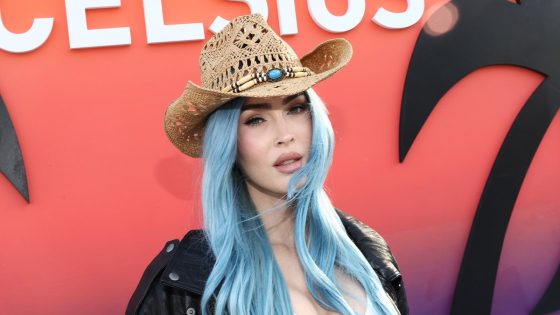Love Island is back for its 12th series, and it’s making waves across social media. As of July 13, 2025, the show’s audience is bouncing back, reminiscent of the iconic series eight that introduced stars like Ekin-Su and Indiyah. With a surge in social media engagement, viewers are tuning in online more than ever, transforming how reality TV is consumed.
- Love Island's audience is recovering post-pandemic.
- Social media engagement surpasses TV viewership.
- TikTok drives significant Love Island content growth.
- Short clips alter viewer relationships with contestants.
- Online fame may benefit reality stars more.
- Viewer engagement is shifting towards bite-sized content.
ITV’s recent figures reveal that Love Island’s official accounts have gained 1.8 million followers since the start of 2025, with TikTok leading the charge. This shift indicates a growing preference for bite-sized content over traditional viewing, as fans seek quick updates rather than committing to nightly episodes.
This trend raises questions about the future of reality TV. Are viewers more engaged with quick clips than full episodes? The answer seems to be yes, as social media platforms redefine viewer interaction.
- Love Island’s TikTok presence has exploded, with over 87,000 related uploads in 2025 alone.
- Short-form content is appealing to busy audiences, making it easier to stay updated.
- Social media engagement is outpacing traditional viewership, with millions more following online.
- Reality TV contestants are building their brands through viral moments rather than just show appearances.
As the entertainment landscape evolves, it’s crucial for creators and networks to adapt. Will future reality shows thrive on social media, or will traditional formats make a comeback? Only time will tell.

































